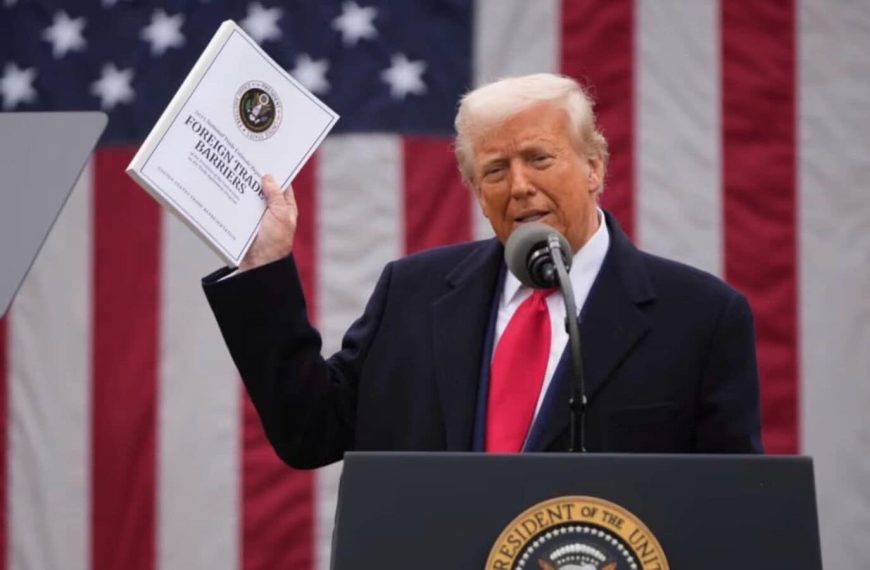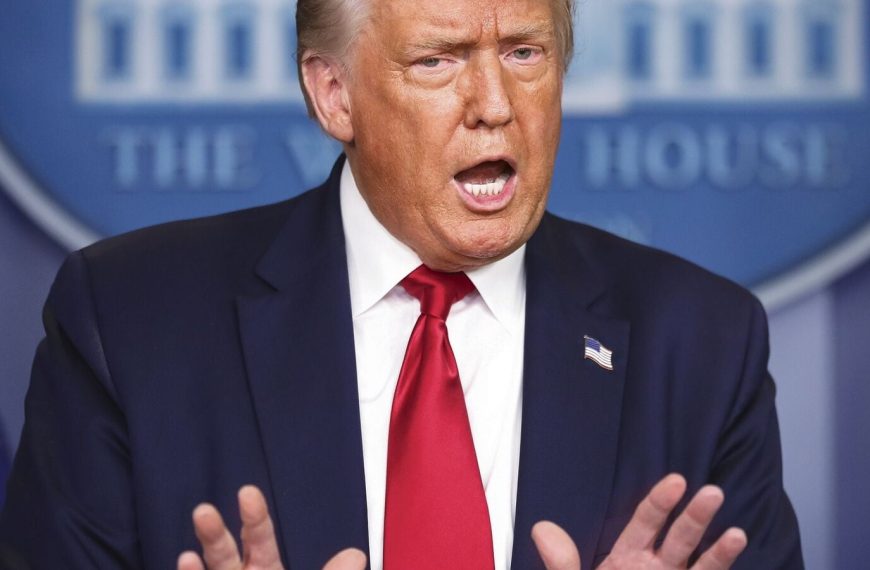The European Union has decided to postpone its retaliatory trade measures in response to the Trump administration’s significant increase in tariffs on steel and aluminum imports. Originally slated for early April, these actions will now be pushed back to mid-April, allowing EU officials to reassess their strategy and its implications for the economy.
Delay in EU Tariff Implementation
The EU’s trade action, which affects U.S. goods valued at approximately €26 billion, was set to unfold in two phases, targeting a variety of products. The list includes not only steel and aluminum but also American beef, poultry, bourbon, motorcycles, peanut butter, and jeans. This comprehensive approach aims to balance the interests of EU producers and consumers.
U.S. Plans for Reciprocal Tariffs
In tandem with the EU’s planned tariffs, U.S. President Donald Trump intends to introduce "reciprocal" tariffs that will adjust American duties to align with those imposed by other nations. This announcement is expected on April 2, reflecting the administration’s commitment to what it describes as fair trade practices.
EU’s Strategic Response
European Commission President Ursula von der Leyen confirmed the delay in the tariffs, emphasizing the EU’s aim to strike the right balance for all stakeholders involved. "Adjusting the timing allows us to reflect the interests of our producers while minimizing potential negative economic impacts," she stated.
Importance of Ongoing Negotiations
EU Trade Commissioner Maroš Šefčovič highlighted the need for careful consideration in this evolving situation. By postponing the tariffs, EU officials hope to better gauge the effects of Trump’s proposed measures and explore avenues for negotiation with their American counterparts. "This delay offers us additional time to seek a mutually beneficial resolution, which is our clear preference," he noted.
The EU’s Stance on Tariffs
Von der Leyen reiterated the EU’s position against tariffs, describing them as detrimental to both consumers and businesses. "Tariffs are essentially taxes that burden economies on both sides of the Atlantic," she asserted. This viewpoint underscores the EU’s commitment to finding solutions that prioritize trade relationships over punitive measures.
In summary, the EU’s decision to delay its trade retaliations against U.S. tariffs reflects a strategic approach to avoid escalating tensions and to foster negotiations. The coming weeks will be crucial as both sides navigate this volatile trade landscape.











